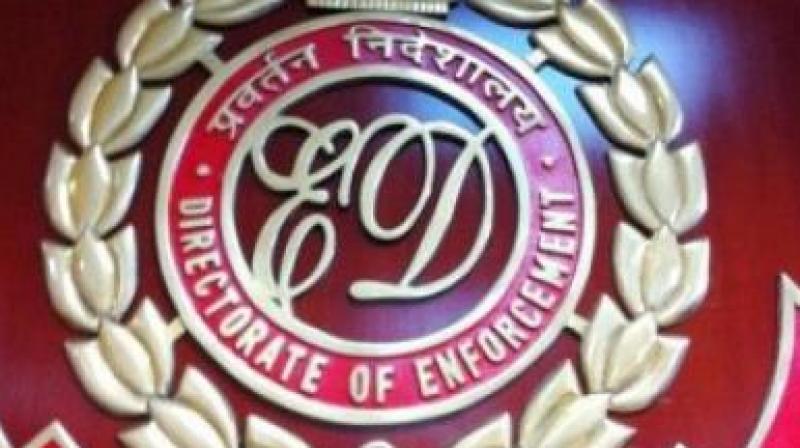Order to help ED attach Rs 15,000 crore assets of fugitives

New Delhi: The Enforcement Directorate (ED) is set to “confiscate” assets worth over Rs 15,000 crore as part of its first action against absconders such as liquor baron Vijay Mallya and diamantaire Nirav Modi under the Fugitive Economic Offenders ordinance.
Officials said the agency has begun the work to bring together the existing cases of high-value fugitives and bank loan defaulters and it will soon approach various anti-money laundering courts to get orders issued against them under the ordinance.
They said the money laundering cases against Vijay Mallya, who is now based in London, Nirav Modi and his uncle Mehul Choski, Winsome Diamond company promoter Jatin Mehta and others are expected to be picked up first for action.
The ED is the empowered agency to enforce the new ordinance.
Under the ordinance, the officials said, all assets of such an absconder, both in India and abroad, which have or have not been attached by the ED under the PMLA, will be confiscated immediately.
The case of Modi and Choksi will be processed under the new ordinance, once CBI and ED file their respective charge sheets against them, they said.
While Rs 9,890 crore worth of assets have been attached by the ED in the Mallya case, properties worth Rs 7,664 have been attached in the Nirav Modi-Mehul Choksi case.
In the first go, they said, it is estimated that over Rs 15,000 crore worth of assets could be confiscated by the ED under the provisions of the ordinance, aimed at those who flee the country after defaulting on multi-crore bank loans and similar instances of fraud
The other such cases will be taken up gradually, they added. Under the PMLA, the ED could only confiscate the assets once the trial in a case finishes which usually takes a long time, they said.
President Ram Nath Kovind, last Sunday, had given assent to promulgation of Fugitive Economic Offenders Ordinance, 2018, giving authorities powers to attach and confiscate the proceeds of crime and properties of economic offenders.
It is aimed at deterring economic offenders from evading the process of law by remaining outside the jurisdiction of Indian courts.
The Centre brought the ordinance as “there have been instances of economic offenders fleeing the jurisdiction of Indian courts, anticipating the commencement, or during the pendency, of criminal proceedings,” the government said.
The rationale behind the law, the government said, was the absence of such offenders from Indian courts which hampers investigation and wastes court time and undermines the rule of law.
“The existing civil and criminal provisions in law are not entirely adequate to deal with the severity of the problem,” it said.

